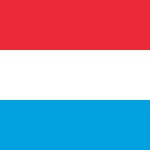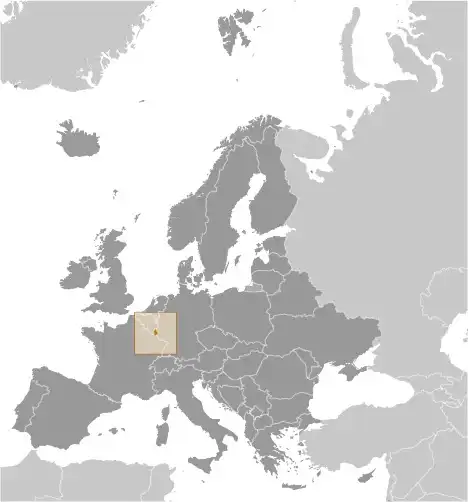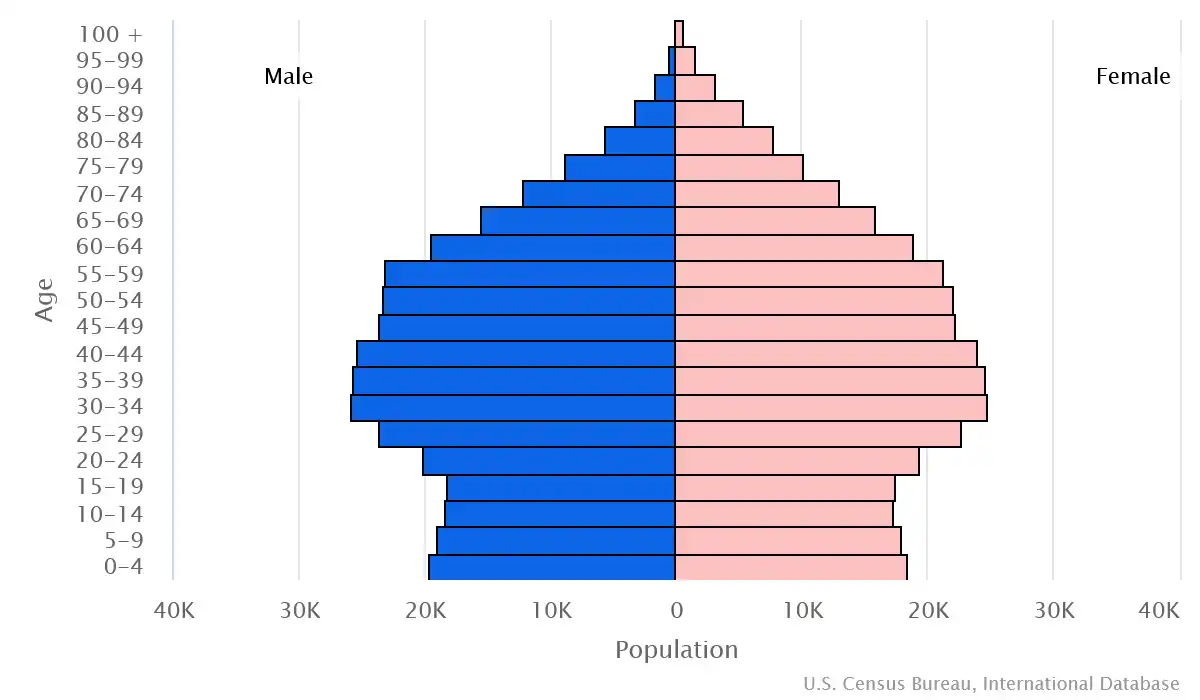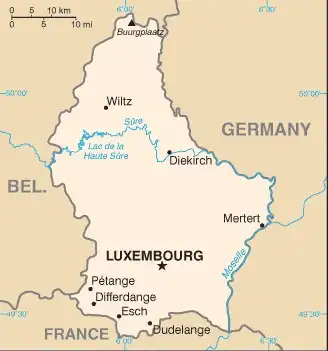
Luxembourg
Veröffentlicht: 19. June 2022 - Letztes Update: 28. February 2025
Country Data Dashboard

Population
671,254
Growth: 1.52% (2024 est.)
GDP
$85.755 billion
(2023 est.)
Area
2,586 sq km
| Government type: | constitutional monarchy |
| Capital: | Luxembourg |
| Languages: | Luxembourgish (official administrative, judicial, and national language) 48.9%, Portuguese 15.4%, French (official administrative, judicial, and legislative language) 14.9%, Italian 3.6%, English 3.6%, German (official administrative and judicial language) 2.9%, other 10.8% (2021 est.) |
People & Society
Ethnicity (2022 est.)
Religion (2020 est.)
Age structure

Economy
Economic overview
high-income EU and eurozone economy; global, highly capitalized banking sector; one of highest GDP-per-capita countries; trending toward recovery after economic contraction from energy-driven inflation, reduced exports and investments, and financial sector weakness
Real GDP (purchasing power parity) in Billion $
Real GDP per capita in $
Exports & Imports in billion $
Top 5 Import Partner in 2022 (72%)
Top 5 Import Commodities in 2022
- refined petroleum ⛽
- cars 🚗
- electricity ⚡
- natural gas 💨
- scrap iron 🛠️
Top 5 Export Partner in 2022 (72%)
Top 5 Export Commodities in 2022
- iron blocks 🧱
- plastic products ♻️
- rubber tires 🧤
- plastics 🧴
- gas turbines 🌀
Geography
Map

Area
Natural resources
- iron ore (no longer exploited) ⛓️
- arable land 🌱
Climate
modified continental with mild winters, cool summers
Historical Background Information
Founded in 963, Luxembourg became a grand duchy in 1815 and a constituent part of the Kingdom of the Netherlands after the Congress of Vienna. When Belgium declared independence from the Netherlands in 1839, Luxembourg lost more than half of its territory to Belgium but gained a larger measure of autonomy within the Kingdom of the Netherlands. Luxembourg gained full independence in 1867 by promising to remain permanently neutral. Overrun by Germany in both world wars, its neutrality ended in 1948 when it entered into the Benelux Customs Union and joined NATO the following year. In 1957, Luxembourg became one of the six founding countries of the EEC (later the EU), and in 1999 it joined the euro currency zone.
